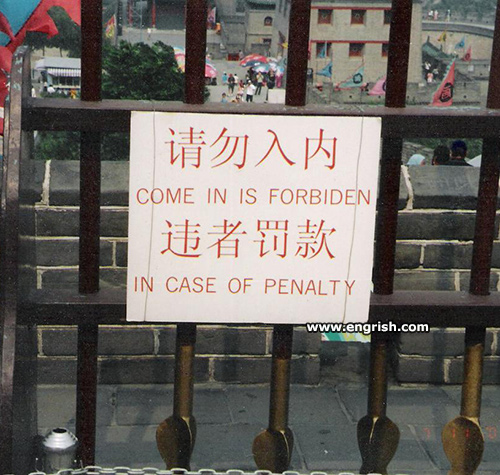Long ago (half a century), I had occasion to translate the word "masochism" into Chinese. At that stage, I wasn't even sure what "masochism" itself meant. Supposedly it was "the madness of deriving pleasure from pain", I guessed especially sexual pleasure — something like that.
Wanting to give the most accurate possible translation into Chinese, I thought I should begin by investigating the etymology of the word, as is my bent. So I pulled out my trusty 1960 Webster's New Collegiate Dictionary, my lexical vade mecum. Here's what it had (has — I still keep it on my desk):
[After L. von Sacher-Masoch (1835-1895), Austrian novelist, who described it.] Med. Abnormal sexual passion characterized by pleasure in being abused by one's associate; hence any pleasure in being abused or dominated.
My recollection is that, at the time, I couldn't readily find an English-Chinese dictionary that had the term "masochism" in it, so I may have made up this rendering for it myself, although I'm not absolutely certain that I did so:
zìnüèdài kuáng 自虐待狂 ("madness of self abuse") (129 ghits)
Be that as it may, there's no doubt that the most common translation of "masochism" in Chinese today is this:
shòunüèkuáng 受虐狂 ("madness of enduring / accepting / receiving abuse") (13,700.000 ghits)
It seems that nobody attempted to render "masochism" in such a way that it would reflect the fact that it derived from a person's surname.
Read the rest of this entry »

